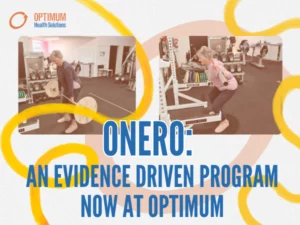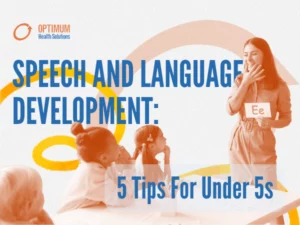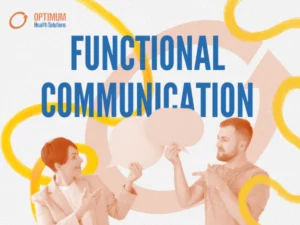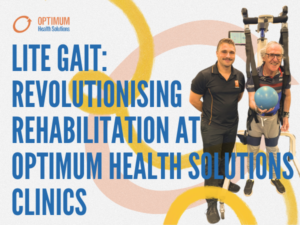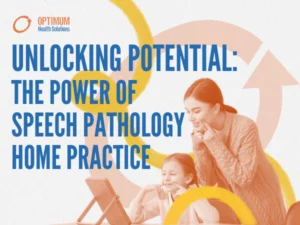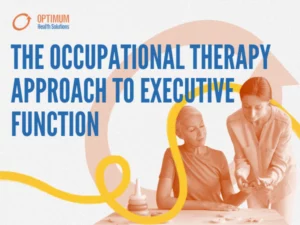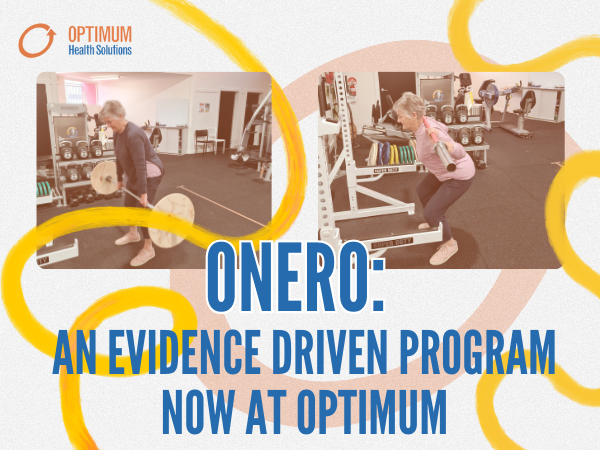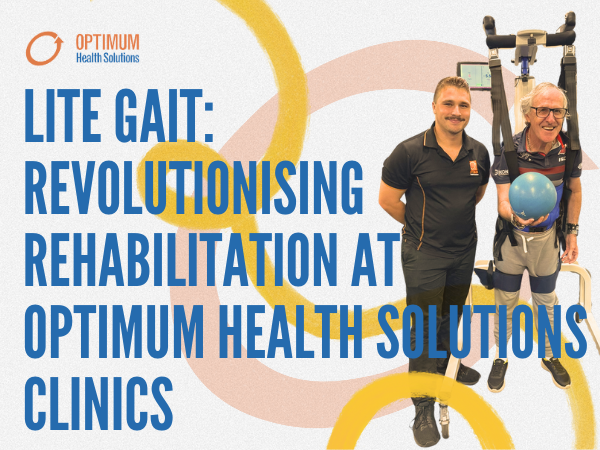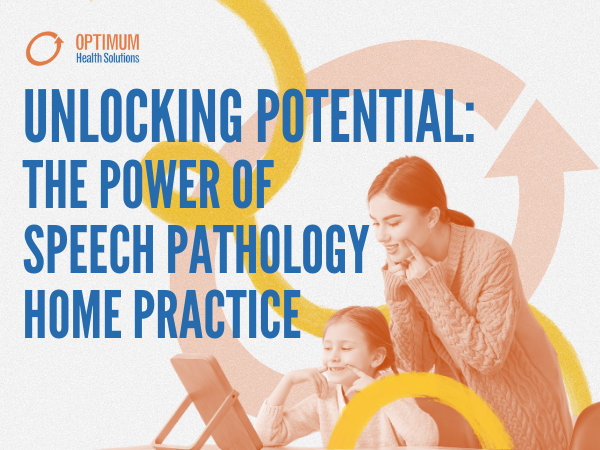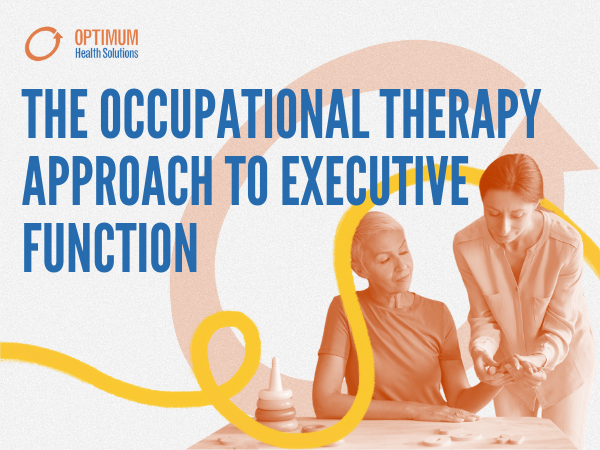Literacy is the ability to read, write, and spell. It is a learned skill that can start developing when a child is in the preschool period. Literacy is a big part in enabling individuals to fully participate in life – whether you’re learning at school, working, socialising, or just going about your day to day activities.
What?
Literacy involves the development of the following skills:
- Phonemic awareness: The ability to identify and manipulate individual sounds in spoken words, e.g. what is the first sound in ‘dog’? (/d/ sound)
- Phonics: The ability to decode or “sound out” words based on letter-sound knowledge, e.g. the letter ‘a’ makes the /a/ sound
- Vocabulary: Understanding and using a wide range of words in context
- Fluency: The ability to read a text accurately and quickly
- Comprehension: Understanding the meaning and purpose of the text
When?
Literacy skills can start to develop from a young age. Please note that the following is a guideline, and all children grow at different rates.
Age | Skills |
1 year old | Starts to look at pictures; explores books by touching, looking, smelling, listening |
2 years old | Starts to listen to books being read aloud; enjoys stories with lots of repetition and rhyme; starts to grasp and hold crayons, chalk etc. and “write” and “read” messages |
3 years old | Requests to have stories read to them; may have a favourite book; pretends to read, e.g. turning pages, using pictures to tell the story; uses symbols, e.g. lines, circles etc. to represent words |
4 years old | Recognises and tries to read print in their environment; may notice the first letter of their name in their environment; can trace letters |
5 years old | Recognises and names the letters of the alphabet; starts to understand the connection between letters and sounds; can write their name; may confuse upper and lower case letters |
7 years old | Reads and retells familiar stories; identifies new words by using letter sound knowledge, decoding and blending skills; writes about topics that mean a lot to them; starts using punctuation and capitalisation |
9+ years old | Reads with fluency, and from a wide range of texts; develops inferencing and summarising skills; produces different forms of writing |
Why?
Literacy is an essential skill which enables individuals to participate fully and independently in different areas of life. For example:
- Schooling: accessing the school curriculum, completing classwork and learning new material
- Employment: learning new skills and gaining knowledge, increases job opportunities
- Socialising/leisure: communicating with friends and family through texting, social media; playing video games with a reading component (e.g. dialogue/storylines)
- Activities of daily living: reading street signs, menus, medication and food labels
How?
Literacy skills can be encouraged from a young age. For example:
- Reading with your child in an interactive way, e.g. pointing to the words, making comments/asking questions about the story, using different voices
- Talking about words and common sounds, e.g. alphabet books, rhyming books
- Playing games and activities such as I Spy, scavenger hunt, “scattergories”
If you are concerned about your child’s literacy development.
It is best to address your concerns as early as possible. Research has indicated that early intervention can improve outcomes for children. To seek support for your child:
- Speak with their teacher – they can provide information about how your child is progressing with their literacy skills in an educational context.
- Access a speech pathologist, e.g. at Speech Pathology Services | Optimum Health Solutions – they can provide assessment and intervention to target literacy goals, as well as liaise with your child’s school for ongoing support.
ABOUT THE AUTHOR:
Joyce Lee is a Speech Pathologist at Optimum Health Solutions Croydon Park.
References:
Best, J. (2021) The 5 components of reading explained, 3P Learning. Available at: https://www.3plearning.com/blog/reading-proficiency-with-5-essential-components-of-literacy/ (Accessed: 27 June 2023).
District, W.N.L.H. (2023) Children’s literacy – western NSW LHD speech pathology, NSW Government. Available at: https://www.nsw.gov.au/health/wnswlhd/services/speech-pathology/childrens-literacy (Accessed: 27 June 2023).
The Five ‘keys’ to reading (2022) Five from Five. Available at: https://fivefromfive.com.au/the-five-keys-to-reading/ (Accessed: 27 June 2023).
Speech Pathology Australia (no date) Literacy and communication. Available at: https://www.speechpathologyaustralia.org.au/Communication_Hub/Resources/Fact_Sheets/Literacy_and_communication.aspx (Accessed: 27 June 2023).


